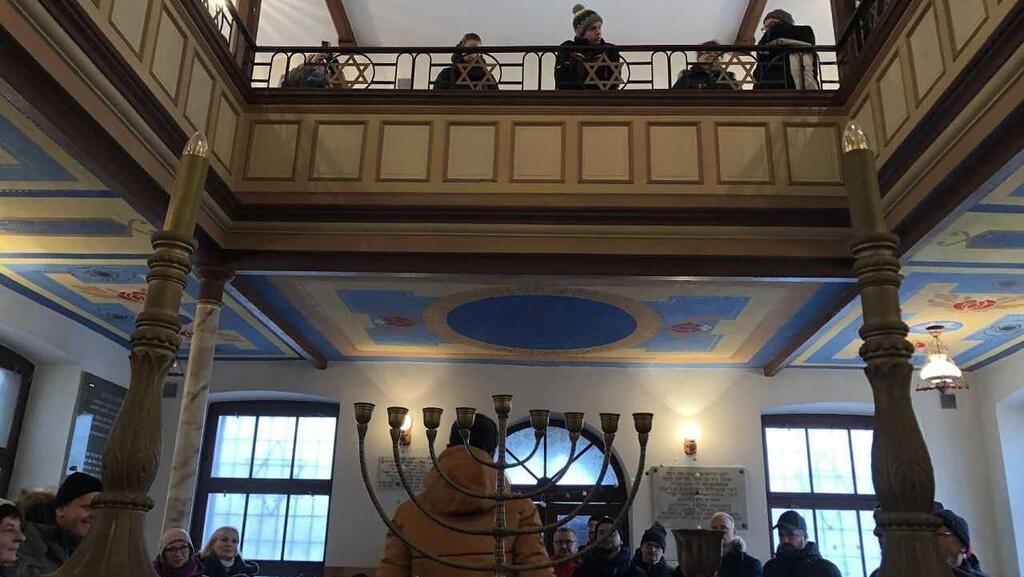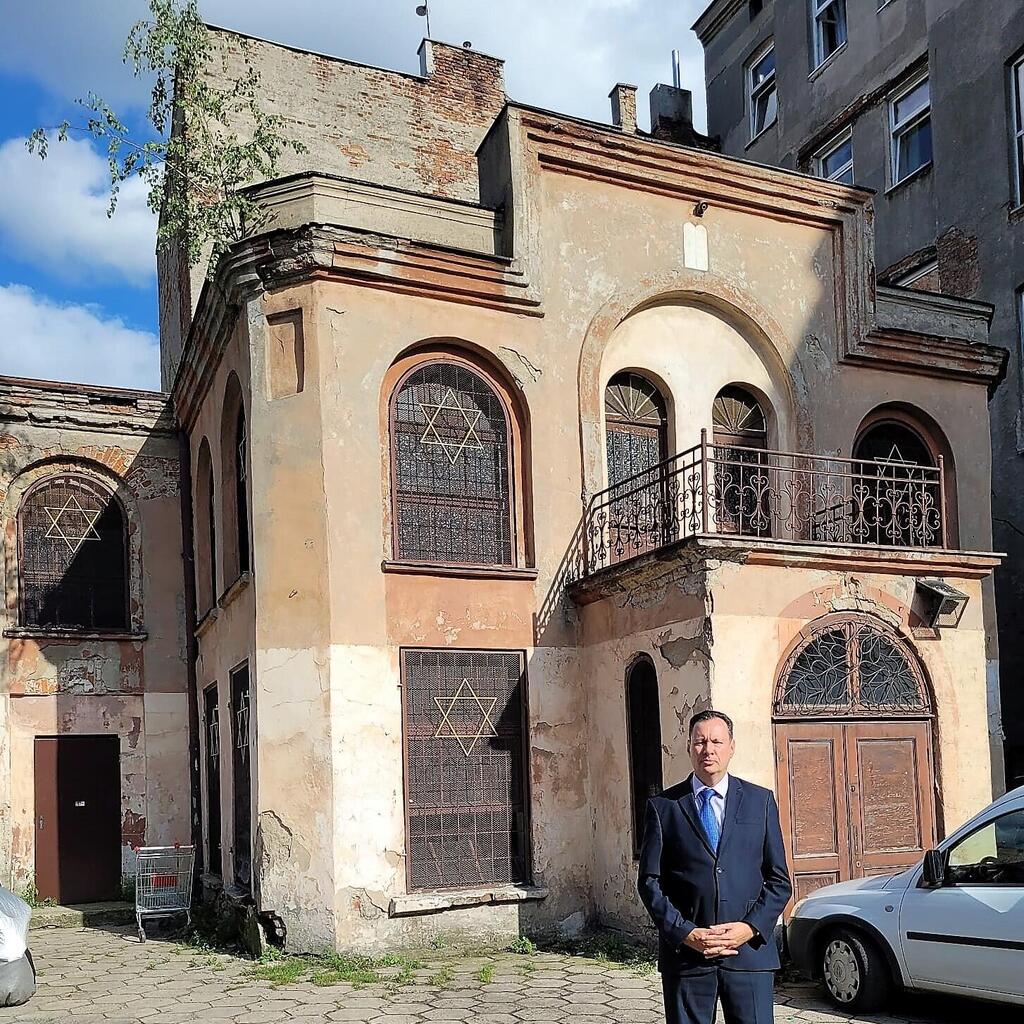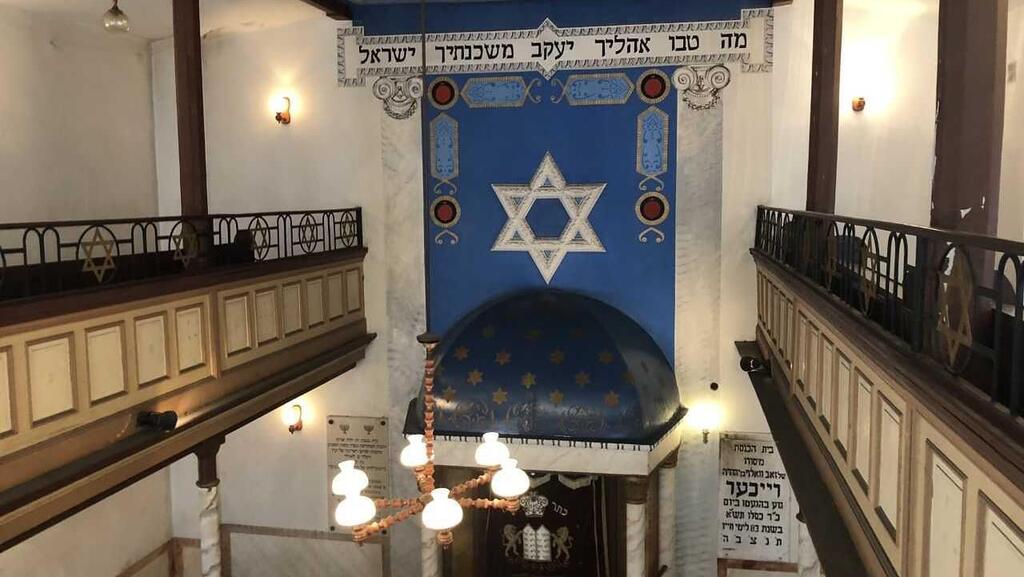The ancient synagogue of the central Polish city Lodz, the only one that survived the Holocaust, has been at risk of demolition in recent years. According to the remaining members of the Jewish community, local real estate developers planned to demolish it to build apartment towers, while the community members fought to prevent the plan.
Read more:
It seems that their efforts have paid off, and the ambassador of Israel to Poland, Dr. Yaakov Livneh, has announced that following the personal intervention of Lodz Mayor Hanna Zdanowska, the demolition of the old synagogue, known as the Reicher Synagogue, has been prevented, and it will be added to the list of sites designated for preservation.
The Reicher family synagogue in Lodz is an Orthodox synagogue that was built at the end of the 19th century by Jewish businessman Zev Wolf Reicher. The building was consecrated in 1902 and apparently served as a business establishment before it was converted into a synagogue. The synagogue managed to survive the Holocaust because the Jewish businessman fictitiously sold it to a German partner who turned it into a salt warehouse. The Nazis did not destroy it, despite the small building being surrounded by Star of David symbols.
After World War II, Jews returned to pray in the synagogue. The property was returned to Jewish hands, but the descendants were not interested in religion and wanted to sell it. Eventually, they sold it to a local real estate family, with a condition in the sales agreement that they were not allowed to demolish the synagogue or make any changes to it as long as Jews continued to pray there and as long as there were Jews in Lodz. The small and magnificent synagogue continued to be used for prayer by the small Jewish community, who paid the family rent over the years.
Currently, the synagogue and its premises are owned by a local real estate developer. According to the Jewish community in Lodz, in the summer of 2022, the developer decided to change the locks of the synagogue and informed the community that it could no longer come to pray there. The official reason given was that the building was unstable, and the developer did not want to take responsibility if something happened to the worshipers. The community agreed to renovate the synagogue, but no agreement was reached with the property owner. As time passed, it became clear to the community that there was an intention to demolish the building and construct apartment towers in its place.
3 View gallery


Up to 30 people a day prayed in the Lodz synagogue, until a local developer changed the locks
David Gurfinkel, a young Jew living in Lodz who heads the movement which promotes Jewish culture in the city, told Ynet last year that about 20 to 30 people used to pray in the synagogue every day, as well as Israeli tourists on occasion.
"The woman who changed the locks and removed us from the synagogue's courtyard does not want us there. Unfortunately, the law does not protect us. We are fighting for the opportunity to pray there. It would be a great shame if we are not allowed to return and pray there," he said.
According to Gurfinkel, the official Jewish community numbers around 100 individuals, but there are many unregistered Jews as well.
Before the war, there were over 200,000 Jews living in Lodz, meaning one in every three residents of the city was Jewish.




